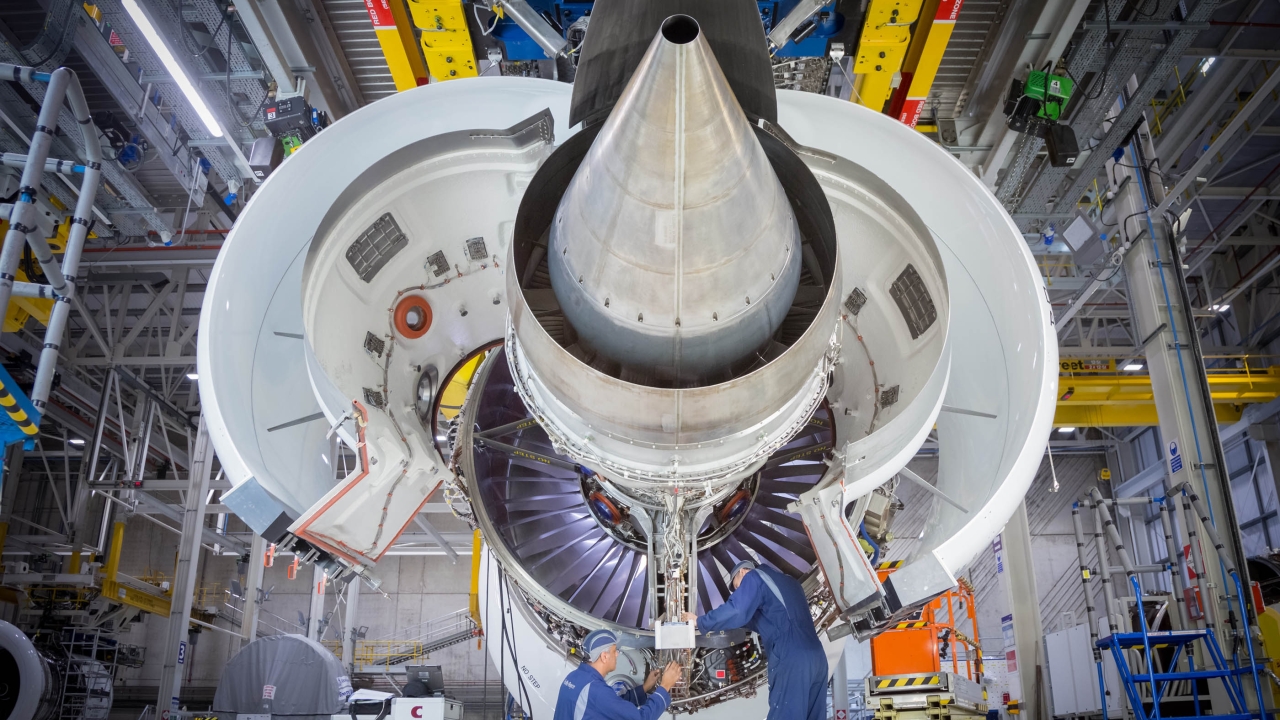IATA calls for Africa to seize the moment and grow aviation numbers

“Nowhere is the potential for aviation greater than on the African continent,” said Tony Tyler, IATAs director general and CEO. “This is the home to a billion people spread across 20% of the world’s land mass. Economic reforms and political stability have spurred growth and development. South Africa is the newest member of the BRICS grouping of states. And the 50th anniversary of the African Union reminds us of its vision for an integrated, prosperous and peaceful Africa, driven by its own citizens and representing a dynamic force in the global arena.
Stay up to date
Subscribe to the free Times Aerospace newsletter and receive the latest content every week. We'll never share your email address.

